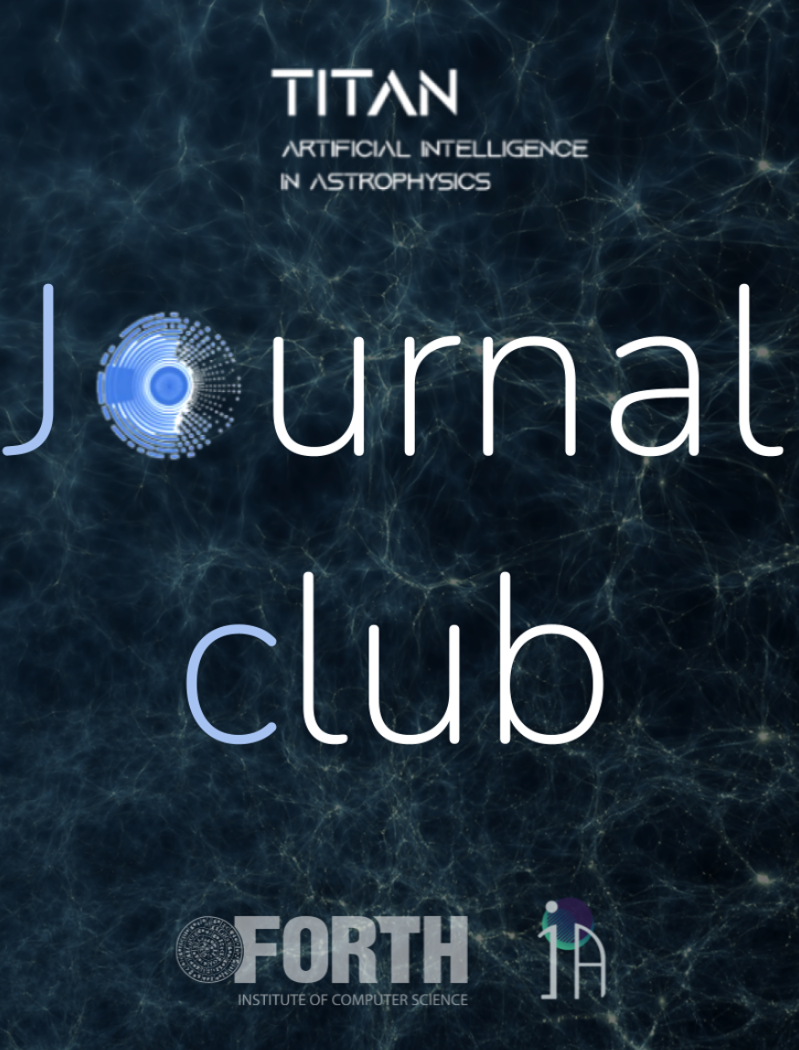
Speaker : Athanasia Gkogkou (Postdoctoral researcher)
Date : 9th of October
Location: Orphanoudakis meeting room
Paper Abstract:
This study introduces PI-AstroDeconv, a physics-informed semi-supervised learning method specifically designed for removing beam effects in astronomical telescope observation systems. The method utilizes an encoder-decoder network architecture and combines the telescope’s point spread function (PSF) or beam as prior information, while integrating fast Fourier transform-accelerated convolution techniques into the deep learning network. This enables effective removal of beam effects from astronomical observation images. PI-AstroDeconv can handle multiple PSFs or beams, tolerate imprecise measurements to some extent, and significantly improve the efficiency and accuracy of image deconvolution. Therefore, this algorithm is particularly suitable for astronomical data processing that does not rely on annotated data. To validate the reliability of the algorithm, we used the SKA Science Data Challenge 3a datasets and compared it with the CLEAN deconvolution method at the 2-D matter power spectrum level. The results demonstrate that our algorithm not only restores details and reduces blurriness in celestial images at the pixel level but also more accurately recovers the true neutral hydrogen power spectrum at the matter power spectrum level..
Download Presentation
